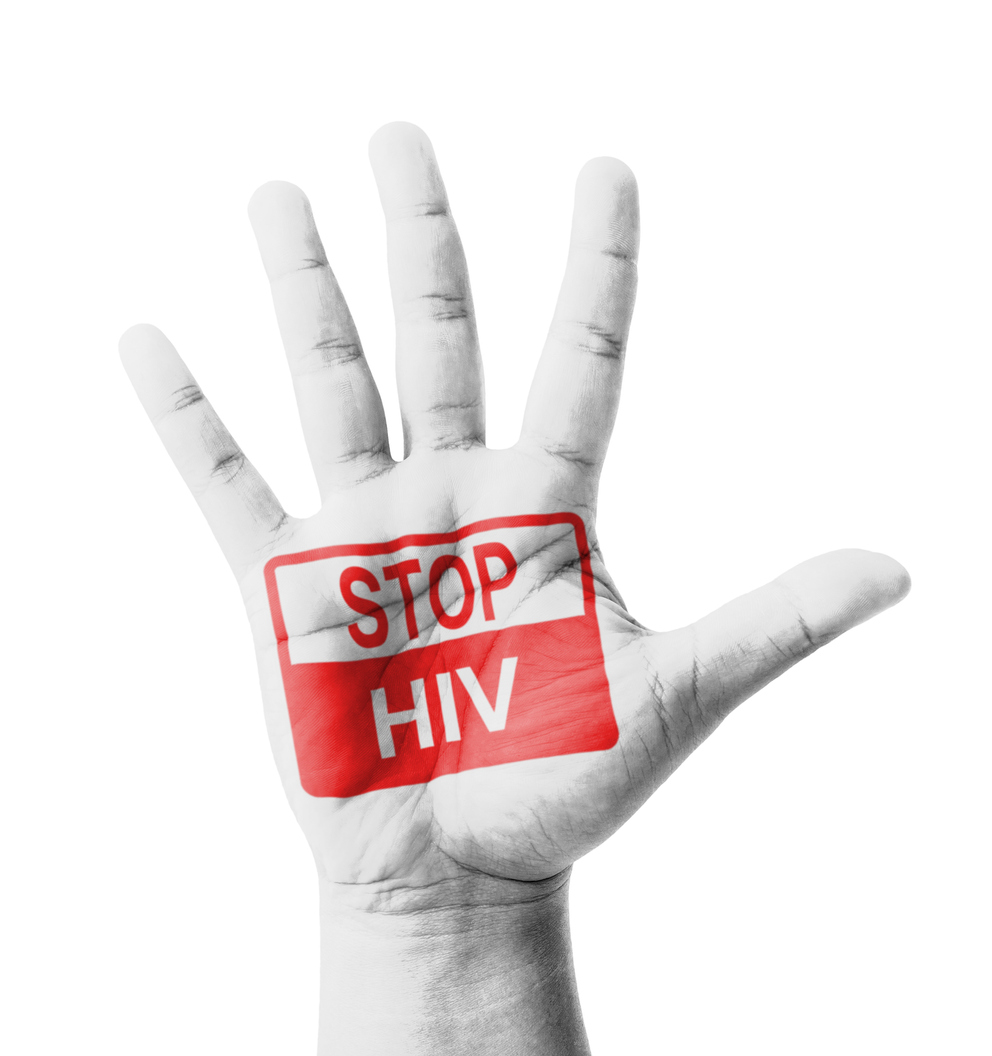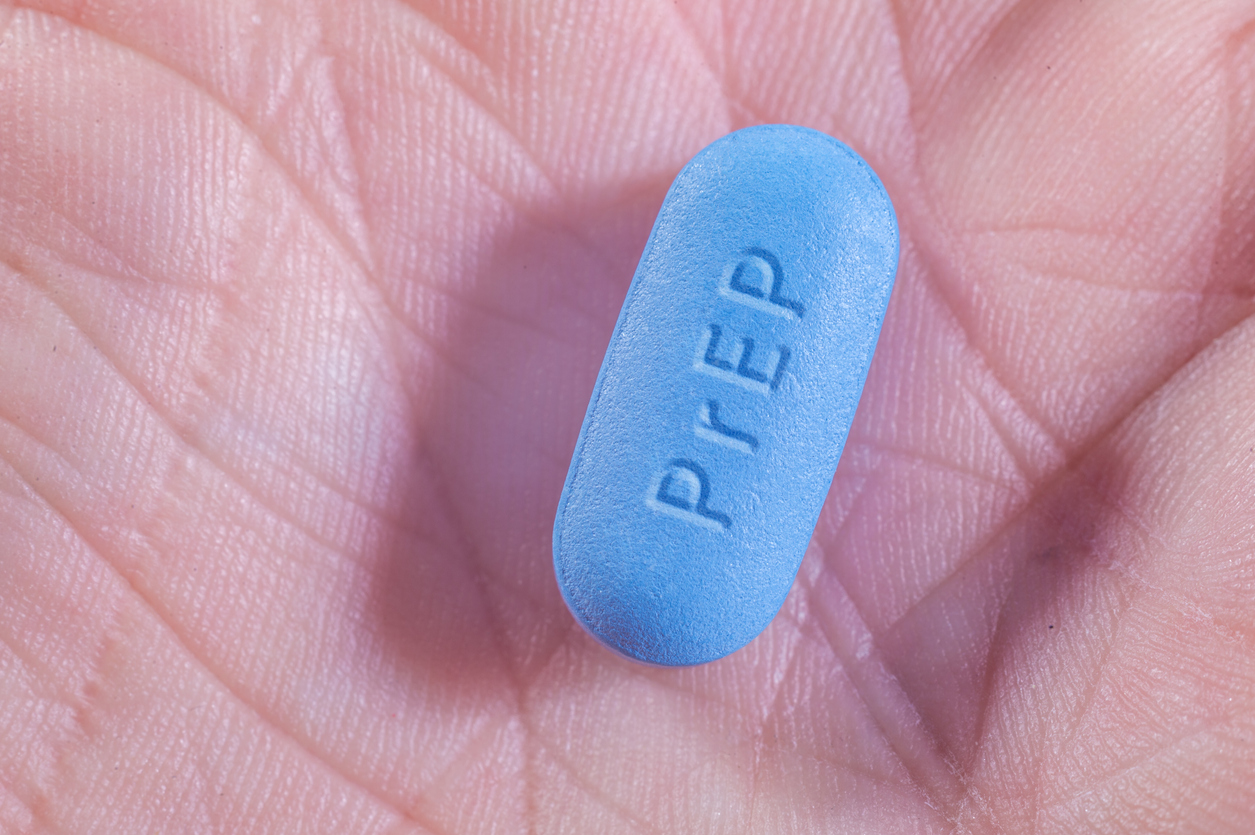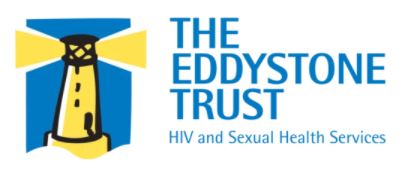PEP
If you have had recent sexual contact with someone who is HIV positive you may need medicine that can reduce the risk of developing HIV yourself, but this must be started within 72 hours to be effective. This medicine is called PEP (post-exposure prophylaxis).
It is very important that you see a healthcare professional as soon as possible to be assessed, ideally within hours of sexual contact. Tell the receptionist that you think you might need PEP and they will arrange for you to see someone as soon as possible.
This can be done during working hours at our Devon Sexual Health clinics in Exeter, Barnstaple and Torquay.
Outside of clinic hours you should go to your local A&E department.
Don’t delay seeking medical advice. PEP will not be prescribed if it is more than 72 hours after the event.
What is PEP?
PEP stands for post-exposure prophylaxis. It means taking antiretroviral medicines (ART) after being potentially exposed to HIV to prevent becoming infected.
PEP must be started within 72 hours after a recent possible exposure to HIV, but the sooner you start PEP, the better. Every hour counts. If you’re prescribed PEP, you’ll need to take it once or twice daily for 28 days. PEP is effective in preventing HIV when administered correctly, but not 100%.
Do I need PEP?
If you’re HIV-negative or don’t know your HIV status, and in the last 72 hours you
- think you may have been exposed to HIV during sex (for example, if the condom broke),
- shared needles and works to prepare drugs (for example, cotton, cookers, water), or
- were sexually assaulted,
Contact your nearest Devon Sexual Health clinic or A&E department about PEP right away.
PEP should be used only in emergency situations and must be started within 72 hours after a recent possible exposure to HIV. It is not a substitute for regular use of other proven HIV prevention methods, such as pre-exposure prophylaxis (PrEP), which means taking HIV medicines daily to lower your chance of getting infected; using condoms the right way every time you have sex; and using only your own new, sterile needles and works every time you inject.
PEP is effective, but not 100%, so you should continue to use condoms with sex partners and safe injection practices while taking PEP. These strategies can protect you from being exposed to HIV again and reduce the chances of transmitting HIV to others if you do become infected while you’re on PEP.



